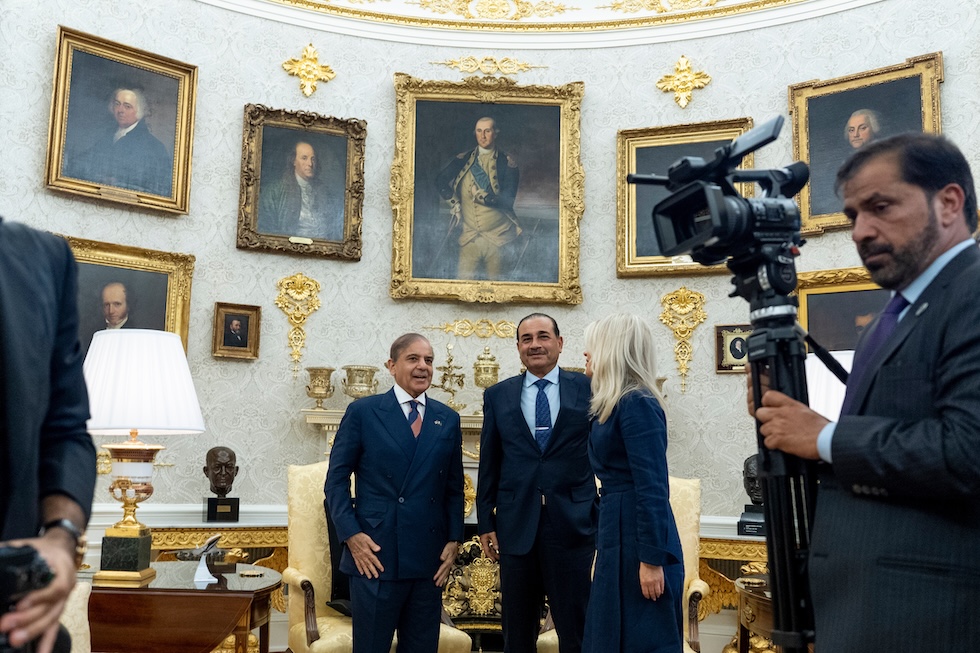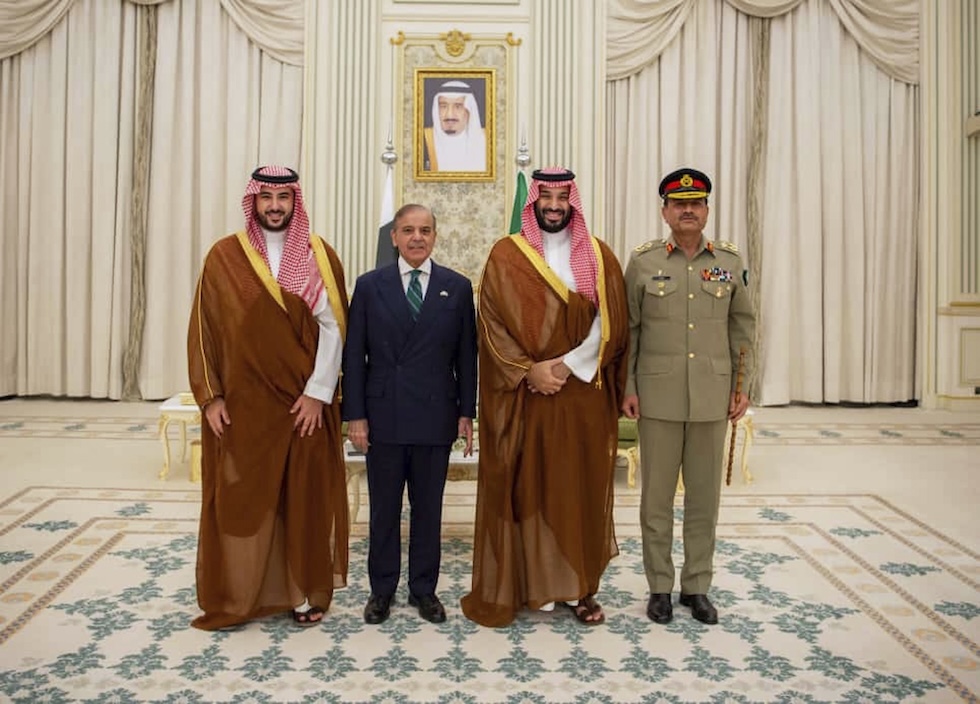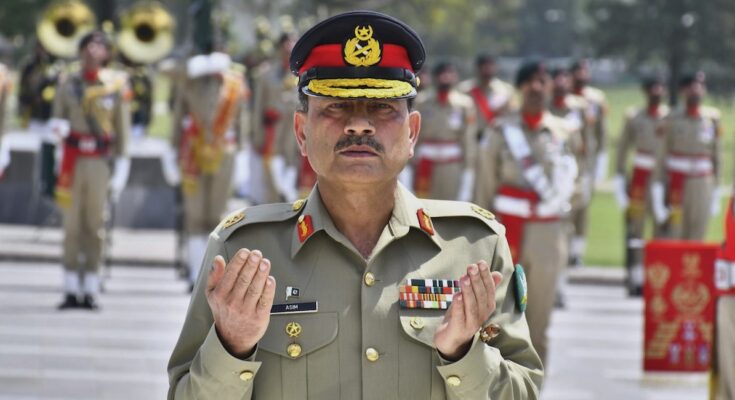Pakistan’s parliament last week approved a constitutional amendment placing all armed forces under the control of Field Marshal Asim Munir: the army (which he already heads), the air force and the navy. Munir will also control his country’s nuclear warheads and will have lifelong legal immunity. Constitutional reform significantly expands his powers and consolidates what has become evident over the past year: Munir is the most influential person in Pakistan, even more than Prime Minister Shehbaz Sharif.
According to critics, these reforms would allow for a kind of military dictatorship in the country, which has a population of 250 million and is the fifth most populous country in the world. In Pakistan, the army has always had tremendous influence on political, economic and social issues. Among other things, they control most propaganda, play a role in selecting all prime ministers and for almost half of the country’s history (which was born in 1947 from the partition of the former British Indian colony) generals have ruled directly, through military coups.
In recent months, Munir has concentrated much power on himself, taking advantage of his growing popularity after the crisis with India last May, and support from US President Donald Trump.
A billboard in Rawalpindi celebrates General Asim Munir and Operation Bunyan Marsoos, as the recent war with India is known, on May 14, 2025 (PPI via ZUMA Press Wire)
Constitutional reforms will come into effect at the end of this month. This agreement, among other things, regulates the establishment of a new Constitutional Court, whose members will be appointed by the government and will have jurisdiction not only over constitutional issues, but also defense, security and military power issues. These are questions that have so far been dealt with by the Supreme Court, a more independent body whose powers were vacated by the reforms.
In recent years, several government, military and judicial decisions (largely controlled by the executive power) have been blocked by the Supreme Court: this happened for example with several convictions of former prime minister Imran Khan, who is currently in prison and undergoing dozens of trials on charges his supporters believe are politically motivated. With these reforms, the distribution of power in Pakistan will become increasingly unequal, with concentration almost entirely in the hands of those who hold executive power.
Munir also received a new five-year mandate, postponing (or canceling) his scheduled retirement in 2027: he will remain in office until 2030, therefore also overseeing the next election in 2029. He cannot be removed from office except by a two-thirds vote in parliament. This immunity guarantees legal protection and is also extended to President Asif Ali Zardari, whose role is almost ceremonial but is accused of corruption.
Munir thus completed the consolidation of his power which had grown significantly over the past year. He became military commander in 2022 and last May was appointed field marshal, the highest military rank, above general. He was the second field marshal in Pakistan’s history, after former dictator Ayub Khan, who staged a coup in 1958 and remained in power until 1969.
Khan awarded himself the rank, Munir acquired it after a wave of nationalism and enthusiasm following the May crisis with India, related to the disputed region of Kashmir: for about a week there were clashes and bombings between the two countries, which ended after a ceasefire.
– Read also: In Kashmir, without tourists, only the military remains

Pakistani Prime Minister Shehbaz Sharif and Asim Munir at the White House in September (AP Photo/Alex Brandon)
In contrast to India, at the time Pakistan praised Trump’s role in pushing for a ceasefire and proposed him to receive the Nobel Peace Prize, which guarantees certain assistance from the US president. Relations between the two countries improved further with Pakistan’s pledge to invest in cryptocurrencies and give the United States access to the country’s rare metals. Munir was received twice by Trump at the White House, and on one occasion was referred to by the president as “my favorite commander in chief”. For months he participated in international meetings alongside Prime Minister Sharif, and was accepted as a kind of head of state: this happened for example in Saudi Arabia and China.
He is increasingly visible in the media, and his role has also been institutionalized in the economic field: for around two years Munir has coordinated the Special Investment Council which has the task of overcoming the country’s severe economic crisis. By 2025, the economic indicators are positive: Pakistan will cover its state budget with a surplus (but its overall debt remains significant) and has reduced inflation to 3.6 percent (to 38 percent in 2023). GDP will grow by around 3 percent.

Shehbaz Sharif and Asim Munir in Saudi Arabia with Crown Prince Mohammed bin Salman and Defense Minister Khalid bin Salman, September 17, 2025 (Press Information Department via AP)
Unlike other high-ranking Pakistani military officers, Munir does not come from a military family: his father was a school principal and mosque imam in the city of Rawalpindi. He studied at an Islamic school and spent a long time in Saudi Arabia with the Pakistani army. He was also the head of Pakistan’s intelligence agency (ISI), but was fired after a few months on the orders of Prime Minister Imran Khan (according to some reconstructions, because he was investigating Khan’s alleged acts of corruption).
Pakistan’s situation remains complicated. Imran Khan still has a strong popular following, his supporters report politically motivated arrests, protests are frequent and they are often violently suppressed. In the southwestern province of Balochistan, independence activists are very active, with frequent bombings and attacks on Pakistani security forces or civilian convoys. Then there are two open fronts with neighboring countries: one in Kashmir with India, and the most recent clash with Afghanistan.



